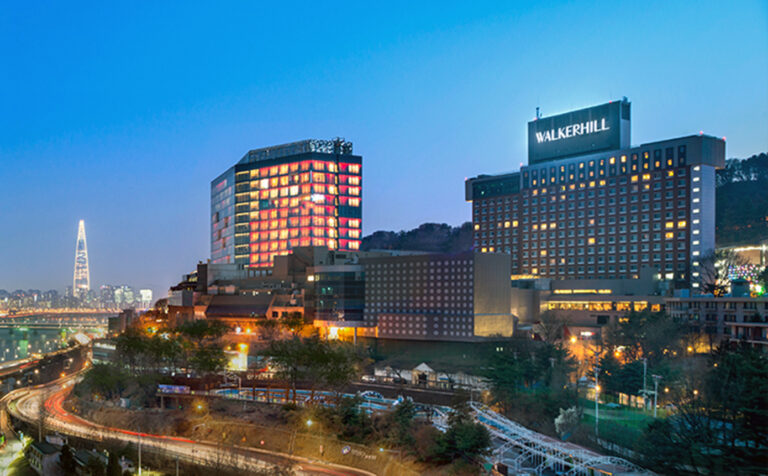Hotels were first introduced to Korea in the late 1800s through Japan, and thus initially bore similarities to Japanese hotels. The commonality between Japanese and Korean hotels lies in their origin as lodging establishments introduced for foreigners due to frequent interactions following the opening of ports. Early hotels were not intended for local citizens, and locals were often restricted from entering. Of course, there were lodging establishments for Koreans, but they were operated separately from newly introduced hotels. This was a significant difference from Western hotels, which primarily catered to local citizens.
Even when the Korean government began promoting the tourism industry for foreign currency earnings in the 1960s, this characteristic persisted. The construction of the Walkerhill Hotel was promoted as a recreational facility for US military personnel stationed in Korea, and the new Chosun Hotel was constructed through a joint venture with American Airlines. This characteristic did not change significantly even during the privatization efforts in the 1970s. The overarching goal of earning foreign currency remained, and private capital was brought in to modernize outdated facilities and build new ones. SK Development, which acquired Walkerhill, expanded with a large hotel tower and introduced the global brand Sheraton. Lotte, which acquired Bando Hotel, built a large new hotel together with a duty-free shop. Samsung, which acquired Yeongbingwan, similarly expanded with a large Shilla Hotel tower. Japanese capital also joined, constructing a large hotel on Namsan and introducing the global brand Hyatt.
Domestic visitors to these hotels were limited, mostly consisting of individuals involved in foreign exchange related activities. This led to a perception that locals who frequented hotels were special individuals, fostering a sense of admiration for ‘hotels.’ This phenomenon encouraged lodging establishments not registered as hotels to use the term ‘hotel’ in their names. Recently, there has also been a trend of lodging establishments registered as hotels but not using the term ‘hotel’ in their names.
The perception of hotels as lodging establishments for foreigners still persists. Hotels, supported and managed by government policies, have accumulated comprehensive statistical data as compared to other types of lodging establishments for locals. Hotel statistical data is often cited alongside foreign visitor statistics, as hotels primarily absorb the demand from foreign visitors. These hotel statistics are sometimes used to represent the entire Korean lodging market. However, as of 2023, while domestic guests make up about 80% of the total lodging market, hotel rooms account for only about 15% of the total.


